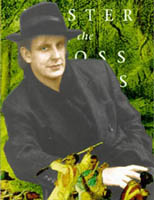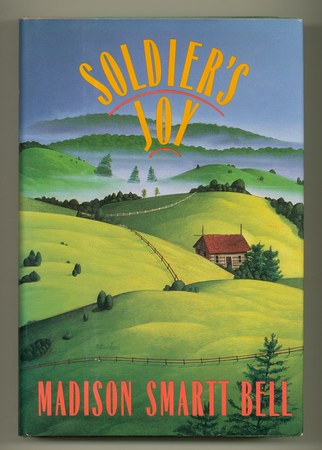

They have risen in colonial Saint-Domingue, taken Port-au-Prince and threaten the power and authority of the grand blancs. However, the petit blancs, the white craftsmen, day laborers and propertyless ne'er-do-wells have adopted the red cockade of Consider the actual historical situation and the problem of the grand blancs: the French Revolution is in full swing by 1791, but the King is still on the throne. There is no doubt this is a phenomenally clever novelistic strategy.

Toussaint is selected by these white power brokers to be their instrument in beginning a slave rebellion. And, indeed, in Bell's story, even the esteemed Bayon de Libertat, owner of the Breda plantation, owner and master of Toussaint, is one of the conspirators.

In Bell's version three members of the white elite, the "grand blancs," conceive the concept of a slave rebellion to support their current political needs. Well, one hasn't seen controversy until one considers the central hypothesis that frames Madison Smartt Bell's novel. Historical and ad hominem arguments are used, with those who side with the Haitians soldier theory often labeling the yellow fever school as racists on the basis of their view of this controversy alone. One of the great historical controversies of The Haitian Revolution is the question of who really won the revolution - the Haitian revolutionaries and their generals, Toussaint, Dessalines, Christophe and Petion, or yellow fever? Historians not only disagree, but both


 0 kommentar(er)
0 kommentar(er)
